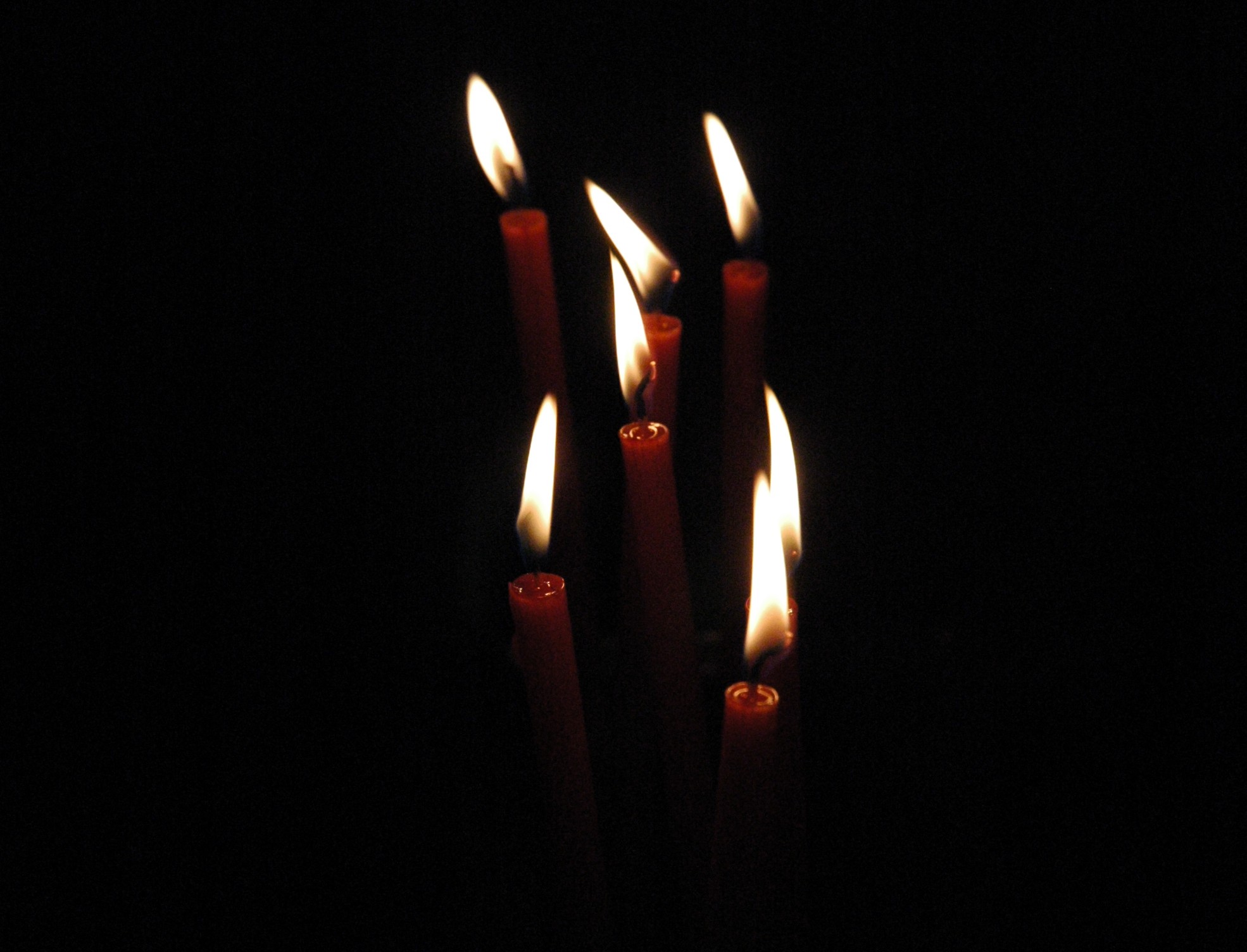Someone designated May as Mental Health Awareness Month. There seem to be quite a few months with this designation, but May is the official one.
Often, articles promoting awareness are written by ‘experts’. —the only experts I know of on the subject of PTSD (Post Traumatic Stress Disorder), for example, are people with PTSD. The articles discussing what it’s like, how it can be managed, if it can be cured, written by ‘experts’ and therapists who do not have PTSD, are generally silly and poorly informed.
Another type of awareness-building is done by people with a particular mental health condition for the unaffected. While they are better informed, they tend to range from ‘apologetic’ to ‘militant’ in character.
What I haven’t seen much of is mental health awareness for people with mental health issues.
You will be told by well-meaning people that you can ‘get over it, let it go, move on,’ and you know that if it were that simple, you would have done it. Some will say that the trauma that has left you permanently anxious or depressed, or unable to be around people without difficulty, ‘wasn’t that bad, or was your fault, and anyway, it’s in the past, you shouldn’t keep focusing on it.’ We know that regardless of how others dismiss the event(s), it/they were traumatic for us, and that’s all that matters.
People will claim to know exactly what you need to do, what you need to ‘get better’, and they will be wrong. Your particular issues become something they can blame, absolving themselves of inability or unwillingness to act. Your needs become their excuse for not doing something about the problem.
All this sounds negative and pessimistic. It’s hard to find good news about mental health difficulties, it’s true. However, what people are not likely to tell you is this:
What happened to you, what led to the quality of life you have now, was not your fault. It doesn’t matter if you have PTSD, depression, or another condition as a result of combat, an accident, a fire, sexual assault, or something else. You didn’t ask for it, you didn’t deserve it or want it—but you didn’t let it destroy you. You have survived, and you are coping as best as anyone can. Part of learning to cope is being in control of how you respond—something no one can do for you with good intentions and silly advice.
You don’t feel in control, but you go from day to day despite how you feel. That’s control in itself, and you survive. Because isolation is often part of how we live, we tend to feel bad or wrong for being who and what we are. We are neither. It’s true that our needs are more intense for us than for other people, and it’s true we are more self-aware than others. Because we live in a world in which boundaries are frequently ignored, it is more of a challenge to protect them. We have every right to say, ‘Stop. This far, and no further!’ That’s hard to do, and we sometimes don’t succeed.
Above all, you are the very best you can be right now. Of course there’s room for improvement, and you will improve, but right now, you are as in control, on top of things, as self-possessed as you possibly can be.
How’s that for Mental Health Awareness?
Paul TN Chapman
ptnc.books@gmail.com
————————————————————————–
If you liked this article, please feel free to share it!
My eBooks and paperbacks are available on Amazon.com:





